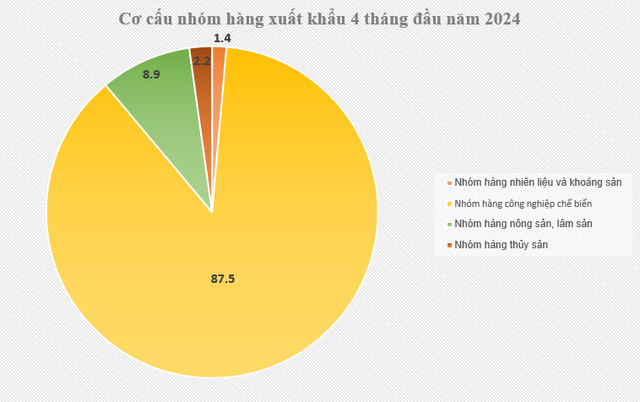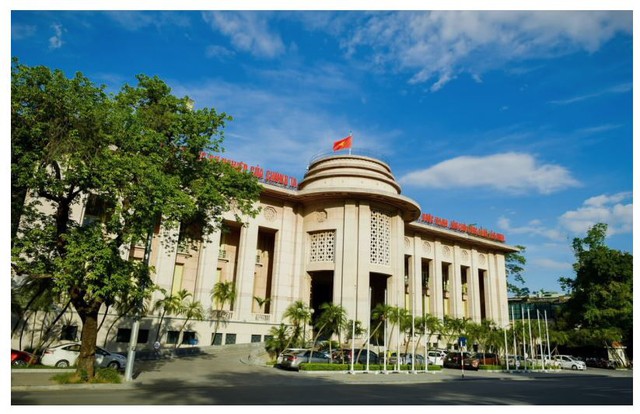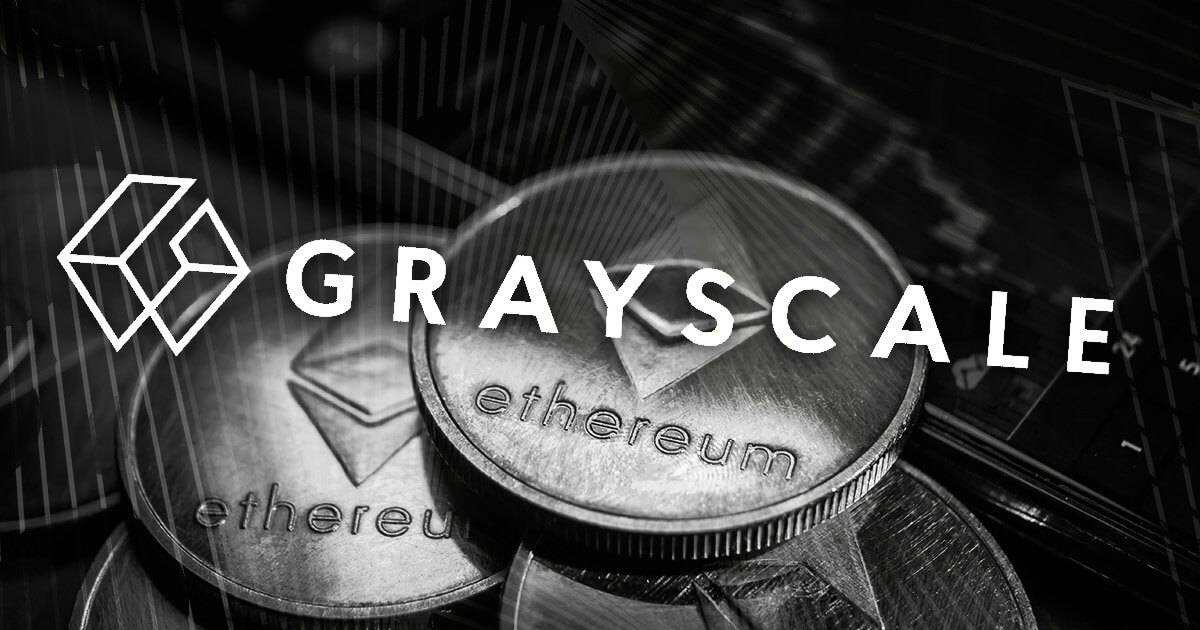
The Nigerian Securities and Exchange Commission (SEC) has proposed amendments to the rules governing cryptocurrency service providers, suggesting an increase in registration fees for cryptocurrency exchanges from 30 million naira ($18,620) to 150 million naira ($93,000). If this proposal is approved, the registration fees will increase by 5 times, a significant amount for the challenging start-ups of cryptocurrency exchanges.
SEC Nigeria initially issued rules and guidelines for all cryptocurrency service providers and digital asset offerings in May 2022, but on Friday, March 15, 2024, they proposed amendments to the rules.
Under the updated guidelines, digital asset exchanges, digital asset platform providers, and digital asset custodians will be required to pay a registration fee of 300,000 naira ($186), an increase from the previous fee of 100,000 naira ($62).
Processing fees have also increased from 300,000 naira ($186) to 1 million naira ($620). SEC states that these changes are aimed at enhancing clarity and incorporating input from stakeholders in the industry. Additionally, they reflect deep insights gained from recent discussions with the Central Bank of Nigeria.
While SEC believes that the proposed changes are based on input from stakeholders in the industry, some have criticized the requirement to pay 500 million naira ($310,343) in capital. They argue that this high fee will primarily benefit foreign companies and disadvantage local businesses.





































